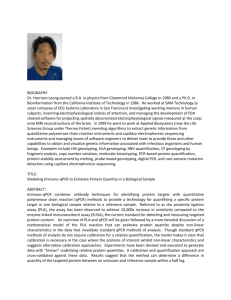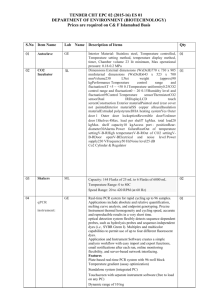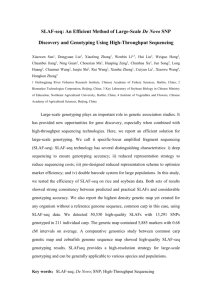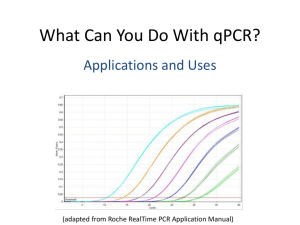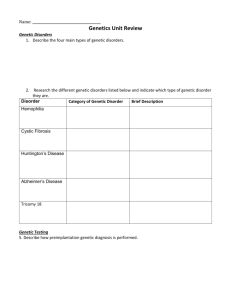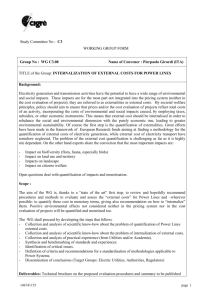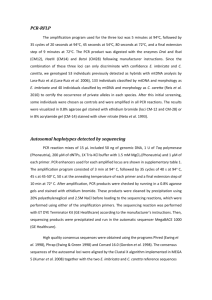Abstract & Biography
advertisement
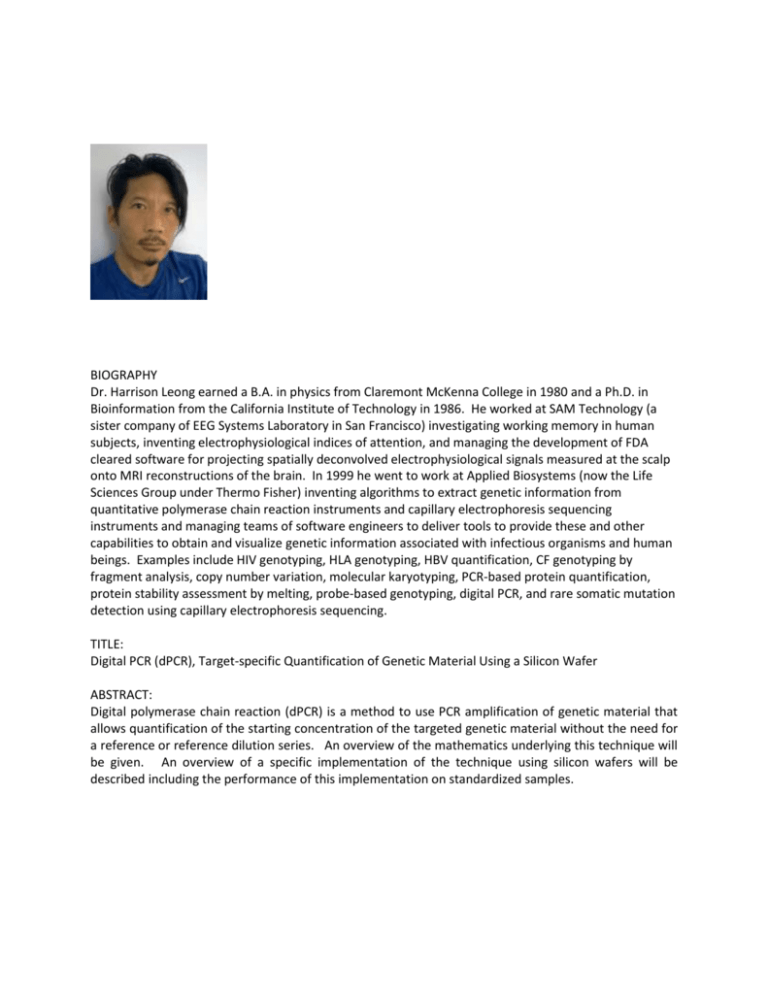
BIOGRAPHY Dr. Harrison Leong earned a B.A. in physics from Claremont McKenna College in 1980 and a Ph.D. in Bioinformation from the California Institute of Technology in 1986. He worked at SAM Technology (a sister company of EEG Systems Laboratory in San Francisco) investigating working memory in human subjects, inventing electrophysiological indices of attention, and managing the development of FDA cleared software for projecting spatially deconvolved electrophysiological signals measured at the scalp onto MRI reconstructions of the brain. In 1999 he went to work at Applied Biosystems (now the Life Sciences Group under Thermo Fisher) inventing algorithms to extract genetic information from quantitative polymerase chain reaction instruments and capillary electrophoresis sequencing instruments and managing teams of software engineers to deliver tools to provide these and other capabilities to obtain and visualize genetic information associated with infectious organisms and human beings. Examples include HIV genotyping, HLA genotyping, HBV quantification, CF genotyping by fragment analysis, copy number variation, molecular karyotyping, PCR-based protein quantification, protein stability assessment by melting, probe-based genotyping, digital PCR, and rare somatic mutation detection using capillary electrophoresis sequencing. TITLE: Digital PCR (dPCR), Target-specific Quantification of Genetic Material Using a Silicon Wafer ABSTRACT: Digital polymerase chain reaction (dPCR) is a method to use PCR amplification of genetic material that allows quantification of the starting concentration of the targeted genetic material without the need for a reference or reference dilution series. An overview of the mathematics underlying this technique will be given. An overview of a specific implementation of the technique using silicon wafers will be described including the performance of this implementation on standardized samples.
